Discover Science Weekly
Science Weekly

938 Episodes
Reverse
This year’s flu season has begun more than a month earlier than usual, with a mutated strain spreading widely among younger people and expected to drive a wave of hospital admissions as it reaches the elderly. Science editor Ian Sample speaks to Madeleine Finlay about what we know so far and Prof Ed Hutchinson of the University of Glasgow explains how people can best protect themselves and each other. Help support our independent journalism at theguardian.com/sciencepod
Ian Sample joins Madeleine Finlay to discuss some of the most intriguing science stories from the week. They discuss the complicated legacy of James Watson, who won the Nobel Prize for the discovery of the structure of DNA; a new breakthrough in the quest to understand the autoimmune disease lupus; and why everyone from Joe Rogan to Kim Kardashian is talking about comet 3I/Atlas.. Help support our independent journalism at theguardian.com/sciencepod
Do you have an uncanny recall for faces? Have you ever recognised the same extra in TV shows that are decades apart? If so you could be part of the small number of super recognisers. Research from the University of New South Wales indicates they naturally pick out the most useful parts of a given face to help commit it to memory. So what else have scientists uncovered about this elite cohort? Dr David Robertson, a senior lecturer in psychology at the University of Strathclyde, talks to Ian Sample about what life is like for super recognisers, and how their powers could be put to use for the public good. Help support our independent journalism at theguardian.com/sciencepod
Global environment editor Jon Watts goes in search of answers to the question the journalist Dom Phillips was investigating when he was murdered: how to save the Amazon? In the final episode of this three-part series from June 2025, Jon encounters a radical new view of the Amazon’s history being uncovered by archaeologists. Far from an uninhabited wilderness, the rainforest has been shaped by indigenous peoples for thousands of years. Jon finds out how their expert knowledge could be harnessed to secure the Amazon’s future. Help support our independent journalism at theguardian.com/sciencepod
Jon Watts, the Guardian’s global environment editor, goes in search of answers to the question the journalist Dom Phillips was investigating when he was murdered: how to save the Amazon? In episode two of this miniseries from June 2025, Jon meets the people trying to make sure the rainforest is worth more standing than cut down – from a government minister attempting to establish Brazil’s ‘bioeconomy’ to a startup founder creating superfood supplements and a scientist organising night-time tours hunting for bioluminescent fungi. Jon explores new ways of finding value in the forest and asks whether they will be enough to secure its survival. Help support our independent journalism at theguardian.com/sciencepod
Global environment editor Jon Watts goes in search of answers to the question the journalist Dom Phillips was investigating when he was murdered: how to save the Amazon? In episode one of this miniseries from June 2025, Jon explores what’s at stake if we fail to act in time. He hears about the crucial role of the rainforest for South America and the global climate, and asks how cattle ranching came to dominate and destroy huge swathes of the rainforest – pushing it to a dangerous tipping point today. Help support our independent journalism at theguardian.com/sciencepod
As global leaders and environmental activists descend on Brazil for next week’s Cop30 climate summit, Madeleine Finlay speaks to the Guardian’s global environment editor, Jon Watts, who recently sat down for an exclusive interview with the UN secretary general, António Guterres. As he approaches his penultimate summit as the UN chief, Guterres reflected on humanity’s progress in attempting to limit global warming to 1.5C above pre-industrial levels, why Indigenous voices must be listened to and how he remains positive in the face of the climate crisis. Help support our independent journalism at theguardian.com/sciencepod
Science correspondent Nicola Davis investigates the strange story of Tam O’Braan and his attempts to grow tea in Scotland. In episode three, all of Tam’s lies come to a head and Stuart uncovers exactly where Tam was sourcing tea to supply to hotels and shops. At trial, Tam takes the stand and Richard and the Scottish growers finally get some answers. But what remains today of the nascent Scottish tea industry that Tam instigated?. Help support our independent journalism at theguardian.com/sciencepod
Science correspondent Nicola Davis investigates the strange story of Tam O’Braan and his attempts to grow tea in Scotland. In episode two, Nicola hears how Tam’s network of Scottish tea growers began to have suspicions about exactly what he was selling and where it came from, and how cutting edge science helped provide some answers. Help support our independent journalism at theguardian.com/sciencepod
Science correspondent Nicola Davis investigates the strange story of Tam O’Braan and his attempts to grow tea in Scotland. In episode one, Nicola looks back on her first meeting with Tam while working on a feature about tea plantations in the UK. He was selling his award-winning Scottish-grown tea to some of the UK’s finest hotels, but something didn’t quite add up. And Nicola wasn’t the only person taking an interest in his story. Help support our independent journalism at theguardian.com/sciencepod
An electronic eye implant half the thickness of a human hair has helped people with incurable sight loss to see again, opening up a potential ‘new era’ in tackling blindness. Madeleine Finlay hears from Mahi Muqit, a surgeon from Moorfields eye hospital in London, about what this implant has meant for his patients and what the future could hold for vision-loss therapies. Help support our independent journalism at theguardian.com/sciencepod
As biodiversity declines, locating and conserving the planet’s plant life is becoming more important. The Millennium seed bank in Wakehurst, West Sussex, has been doing just that for 25 years, collecting and storing seeds and keeping them in trust for countries all over the world should they ever be needed. To mark the anniversary, Patrick Greenfield took a tour of the site. He tells Madeleine Finlay about the journey a seed takes from arrival to cold storage, and how some are already helping to return endangered plant species to the wild. Help support our independent journalism at theguardian.com/sciencepod
Celebrities including Bella Hadid, Justin Bieber and Miranda Hart have talked about their years-long struggles with the effects of Lyme disease, but despite rising rates and better awareness, the illness remains poorly understood. To understand more about how the illness can impact people over the long term, Madeleine Finlay hears from the Guardian’s Patrick Barkham about his daughter Milly’s experience, and from Prof John Aucott, director of the Johns Hopkins Lyme Disease Research Center, and associate professor of medicine at Johns Hopkins University. Help support our independent journalism at theguardian.com/sciencepod
The Traitors has returned to UK screens with its biggest viewing figures ever as 19 celebrities compete to be crowned the winner. The game depends on being able to accurately spot a liar, but are any deception detection methods actually backed up by science? Madeleine Finlay speaks to Timothy Luke, a senior lecturer in the department of applied psychology at the University of Gothenburg, to find out whether sweating, nervous ticks and reduced eye contact really can alert us to deception, and if not, what can?. Help support our independent journalism at theguardian.com/sciencepod
This year’s Nobel prizes in chemistry, physics and physiology or medicine have celebrated work that paves the way for the next generation of quantum technology, the creation of porous materials that have been compared to Hermione Granger’s handbag and the discovery of the hidden army inside us that helps to keep our immune system in check. To find out more, Madeleine Finlay talks to our science editor, Ian Sample, and correspondents Nicola Davis and Hannah Devlin. Help support our independent journalism at theguardian.com/sciencepod
Kevin Hall spent 21 years at the US National Institutes of Health and became known globally for his pioneering work on ultra-processed foods. In April he unexpectedly took early retirement, citing censorship under the Trump administration. Now he has co-authored a book with the journalist Julia Belluz that aims to bust myths and challenge wellness orthodoxy on everything from weight loss and metabolism to supplements and wearables. Hall tells Ian Sample what he wants us all to understand about diet, exercise and weight loss, and what led to his departure from the job he loved. Help support our independent journalism at theguardian.com/sciencepod
The renowned primatologist Jane Goodall has died aged 91. She will be remembered for her observations that revolutionised our understanding of chimpanzees, as well as her tireless environmental advocacy. Ian Sample talks to the Guardian’s global environment editor Jon Watts, who met Goodall several times, to find out what her scientific legacy will be. Help support our independent journalism at theguardian.com/sciencepod
Scientists are warning that academic publishing needs urgent reform in order to retain trust in the research system. Ian Sample tells Madeleine Finlay what has gone so wrong, and Dr Mark Hanson of the University of Exeter proposes some potential solutions. Help support our independent journalism at theguardian.com/sciencepod
The Ig Nobel prizes were awarded recently – for science that makes you laugh and then think – and the peace prize was given to a cheeky study testing the link between alcohol and language proficiency. Does a drink really help us to converse more convincingly in another tongue, or does it just give us inflated confidence? To find out, Madeleine Finlay speaks to a member of the winning team, Dr Fritz Renner, a researcher in clinical psychology and psychotherapy at the University of Freiburg in Germany. Help support our independent journalism at theguardian.com/sciencepod
In a televised press conference on Monday, Donald Trump and health secretary Robert F Kennedy Jr made a series of unproven claims about autism and its links to paracetamol use in pregnant women, and about childhood vaccinations. The comments were immediately refuted by scientists and health agencies around the world, but many expressed concern about the impact of this misinformation being repeated at the highest levels of government. So what does the science really say? Madeleine Finlay speaks to Guardian science editor Ian Sample to factcheck the claims made in the announcement, and find out what decades of scientific research into autism tells us about its causes and why diagnoses are on the rise. Help support our independent journalism at theguardian.com/sciencepod




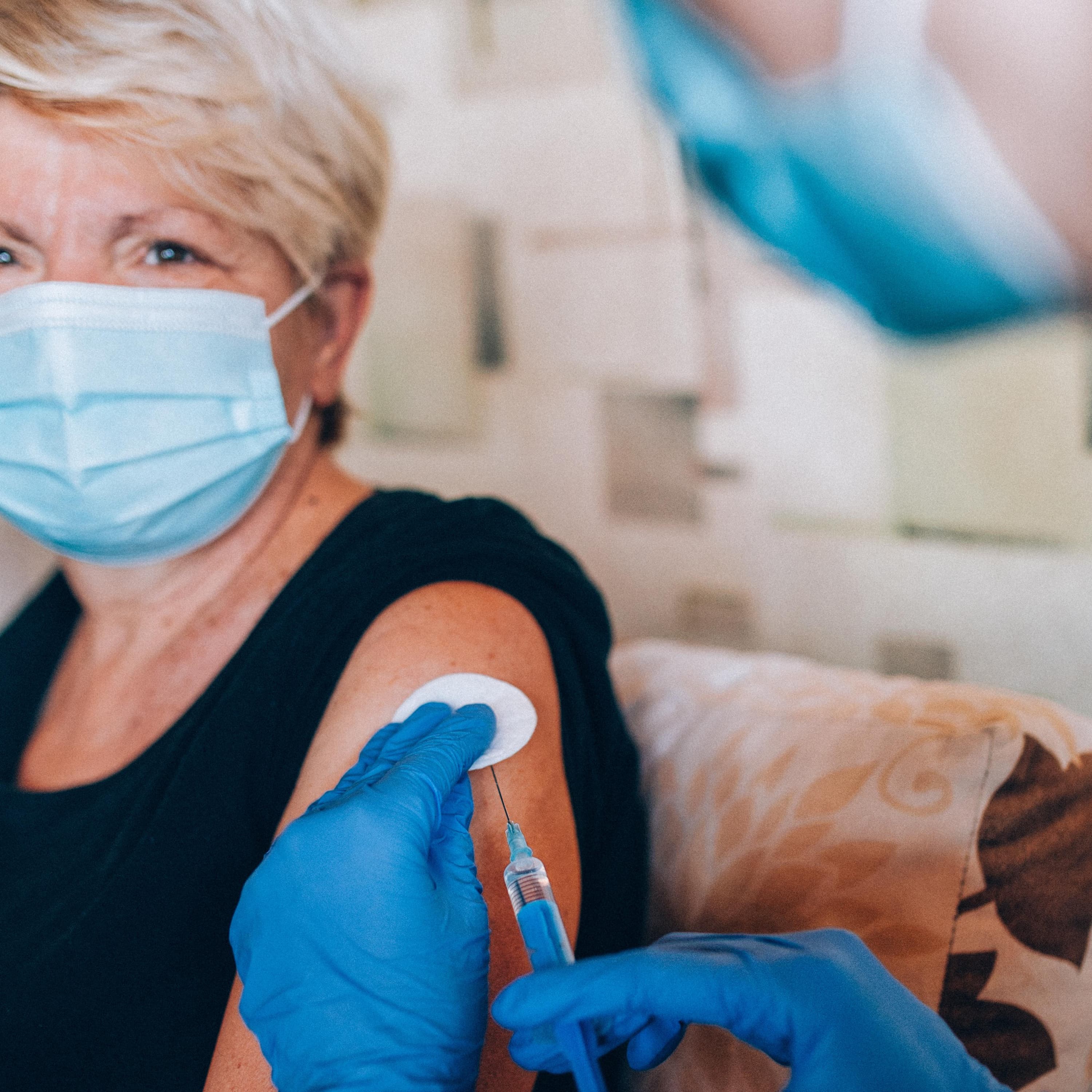

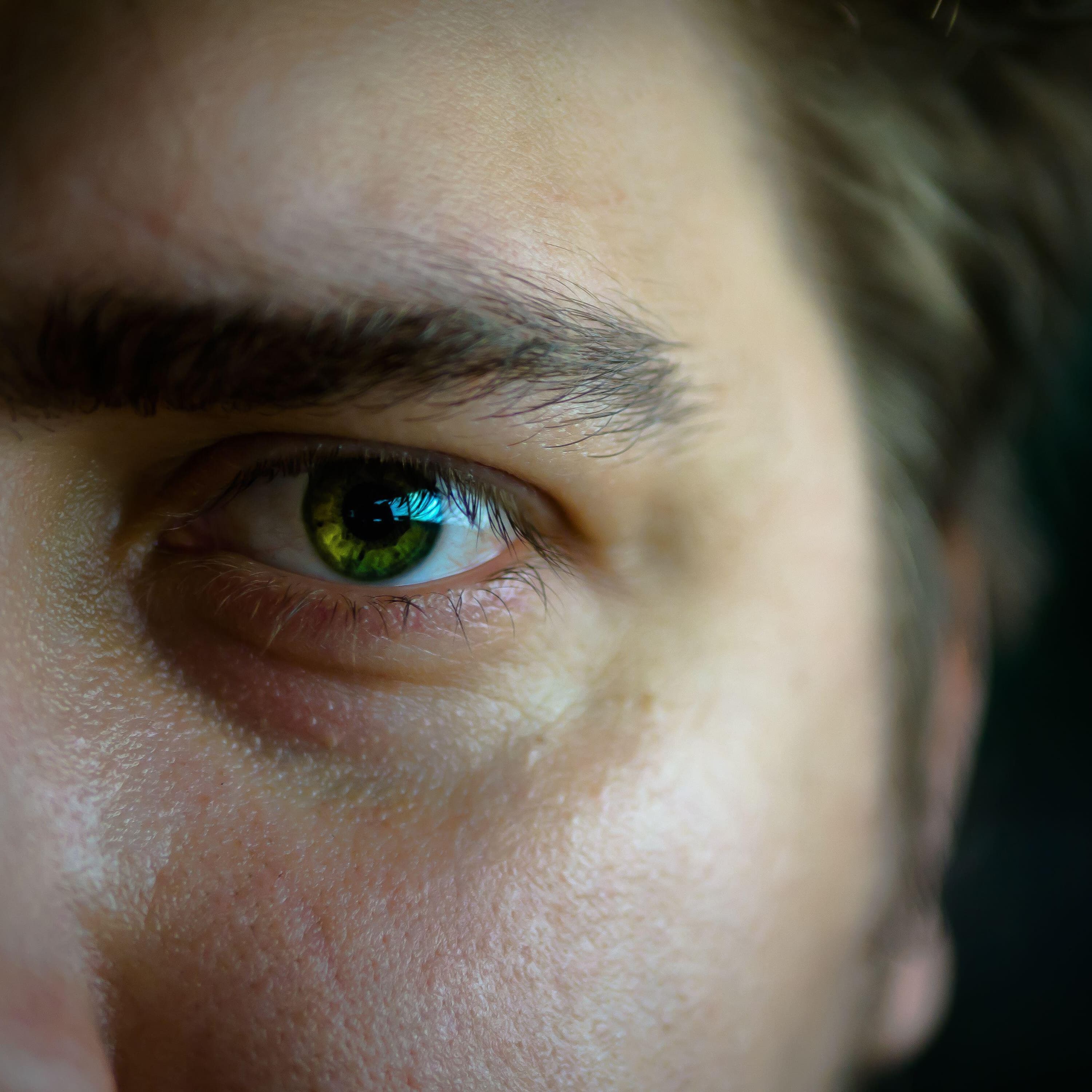
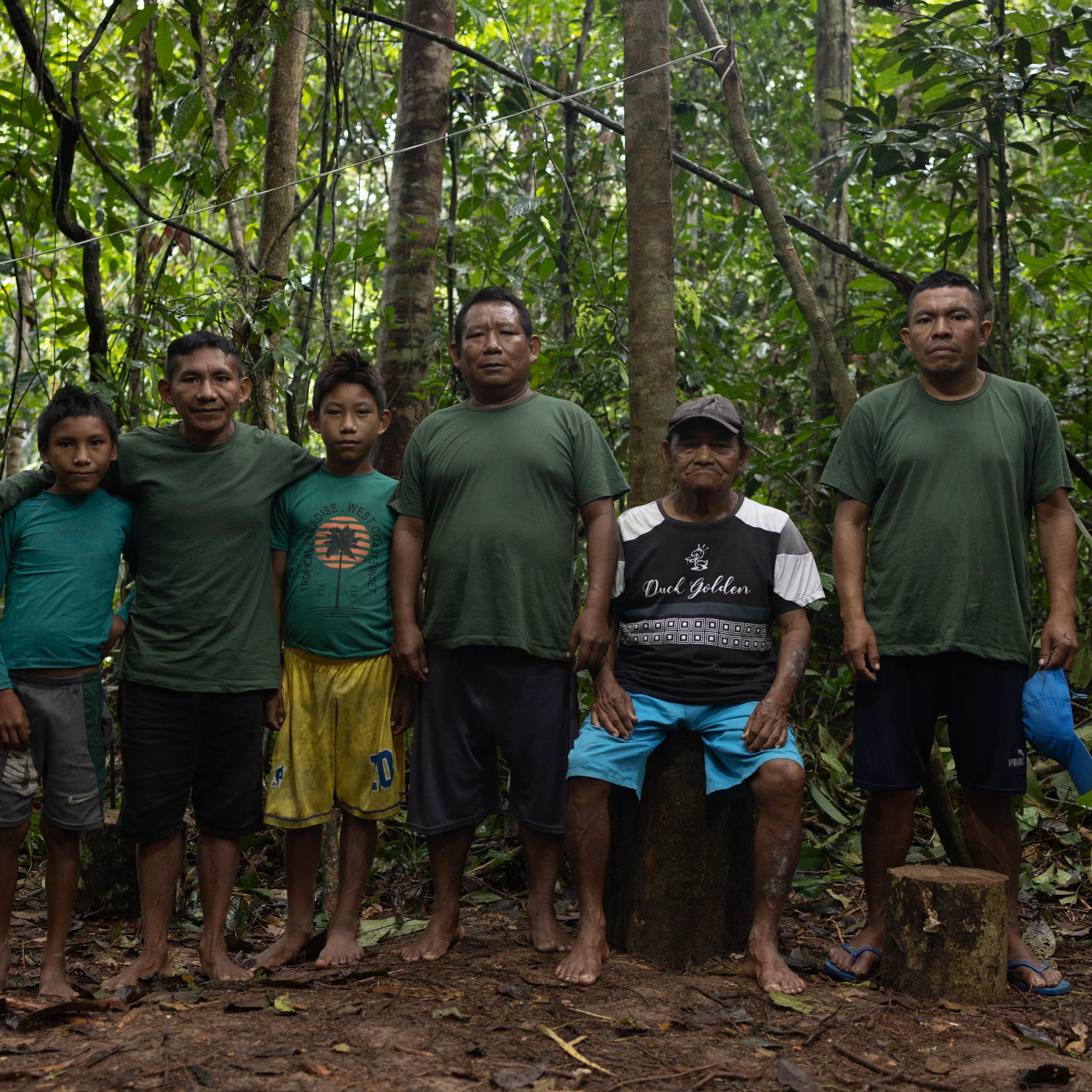
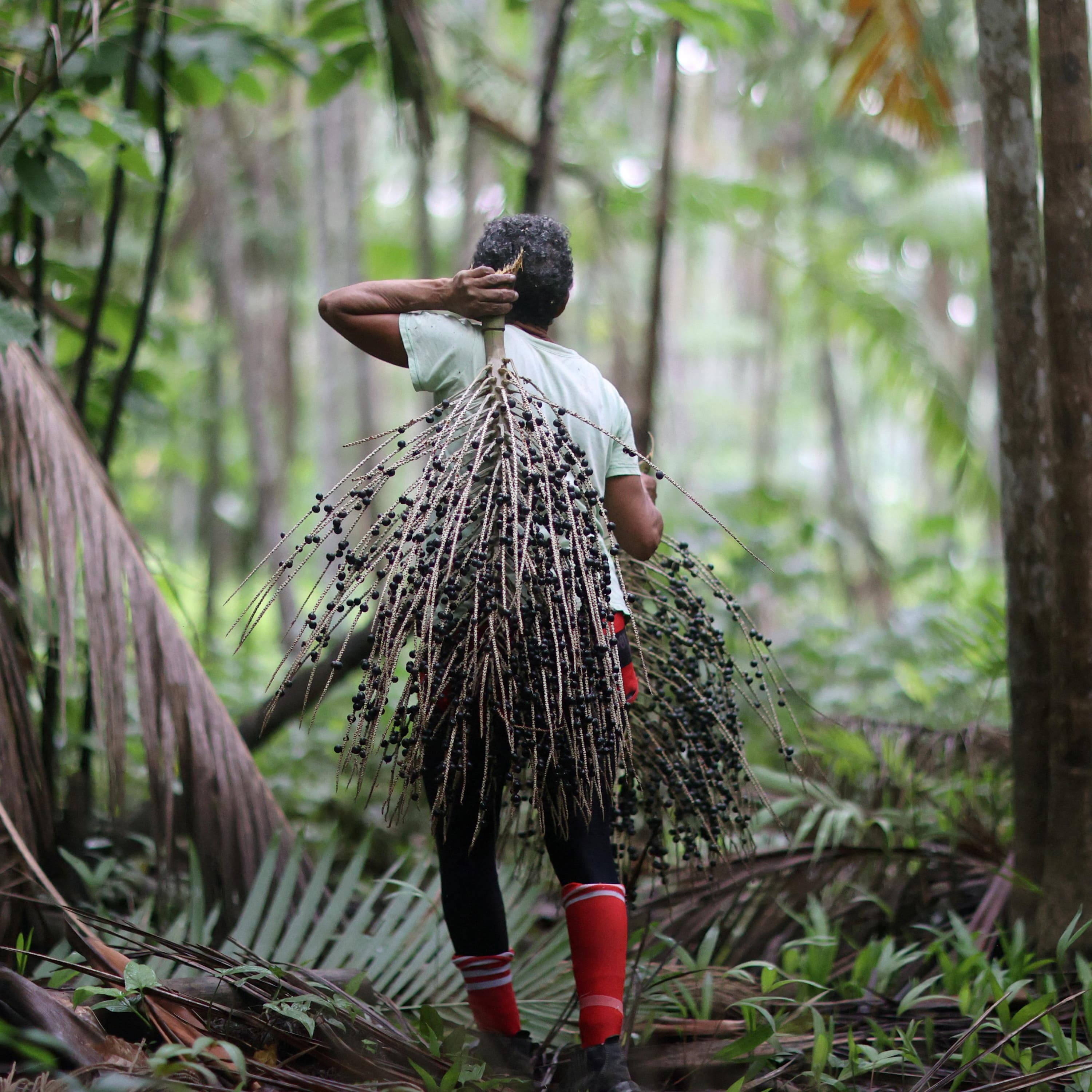
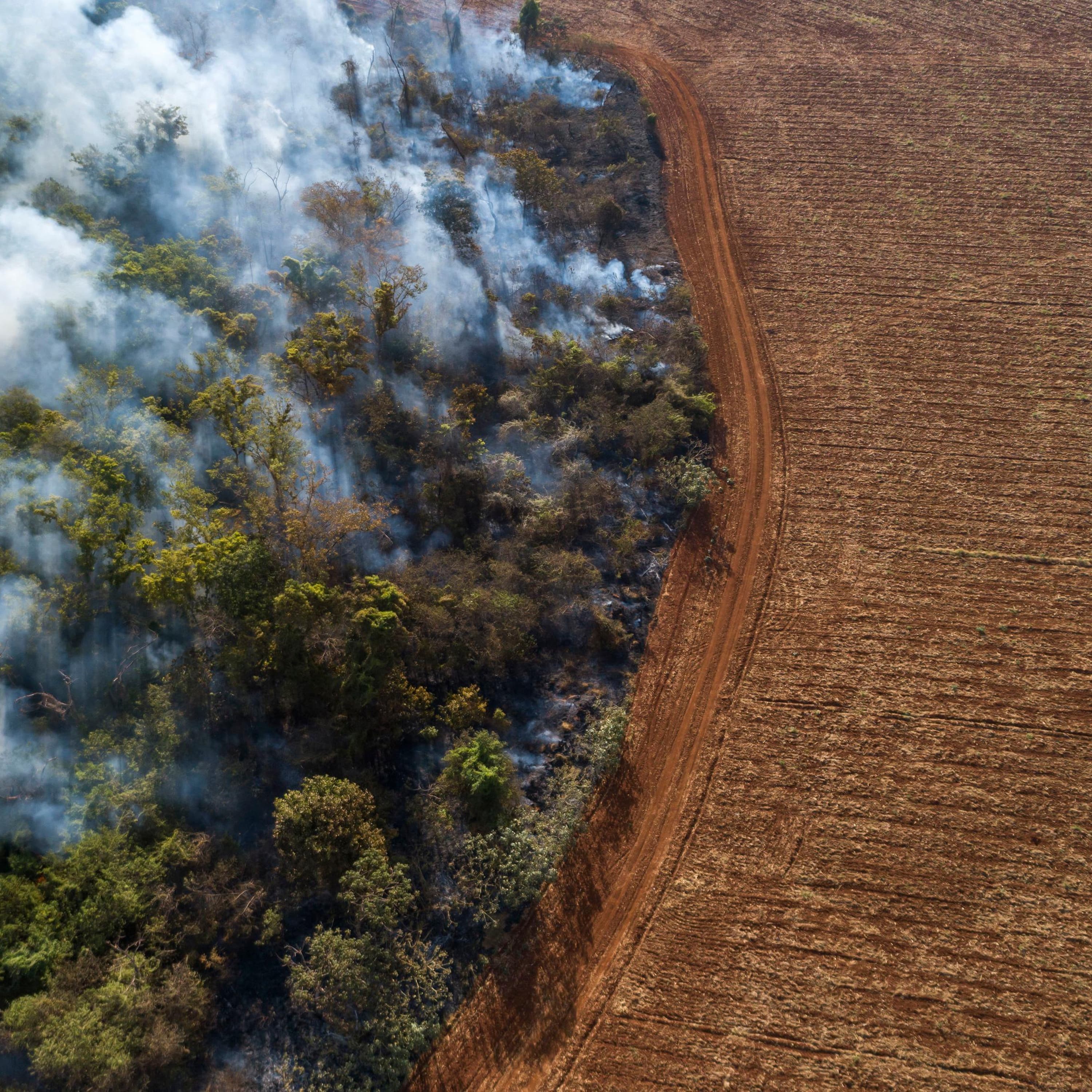
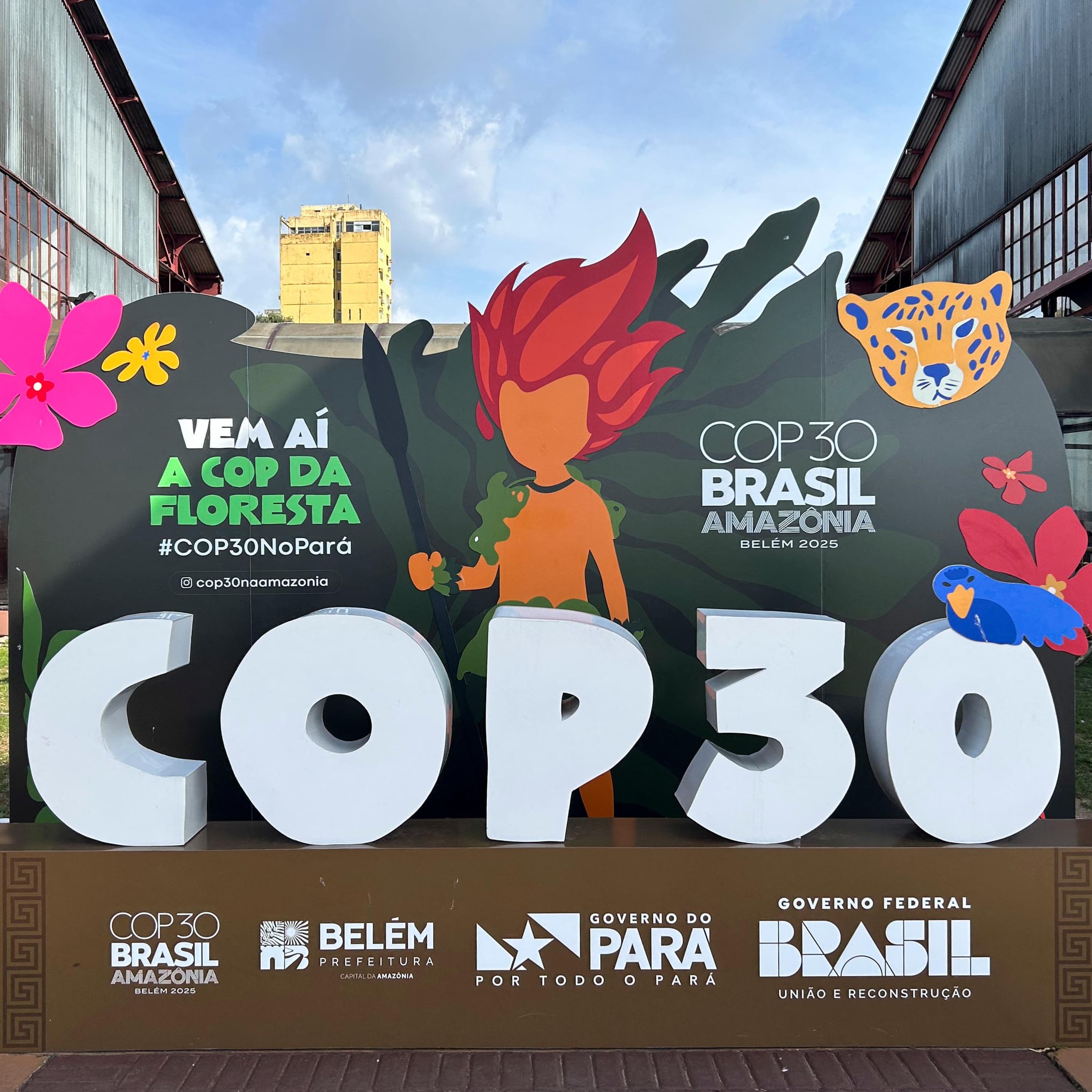
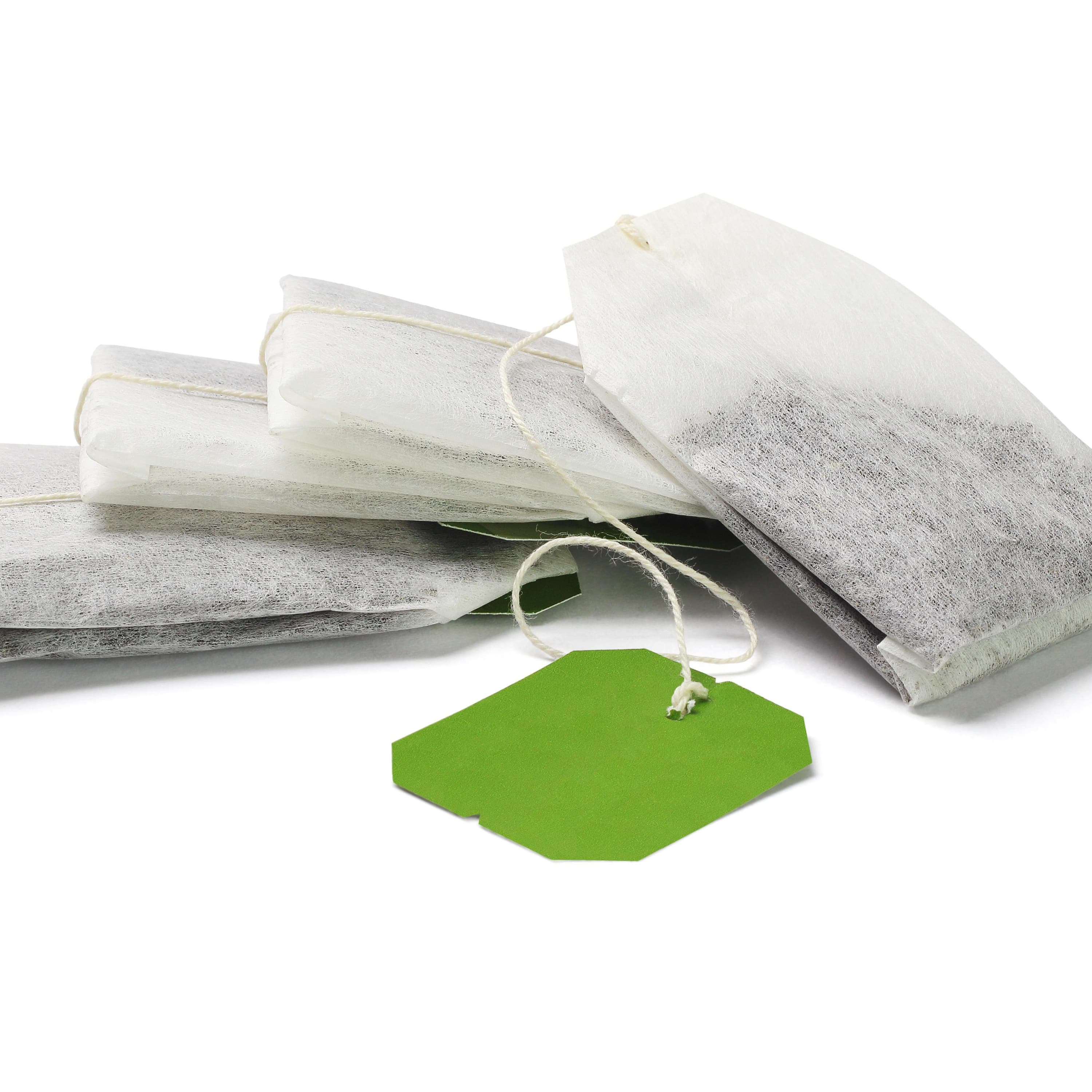
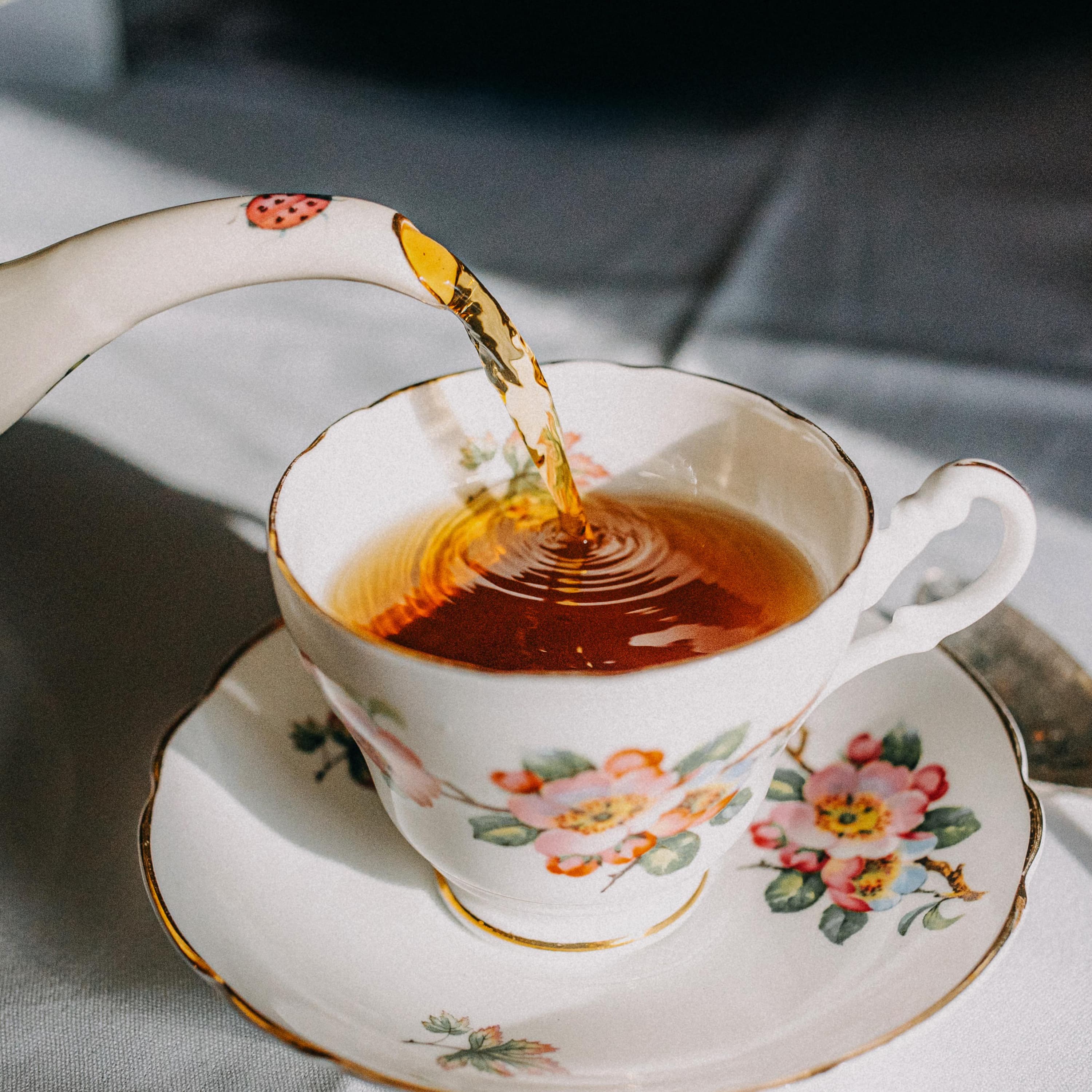
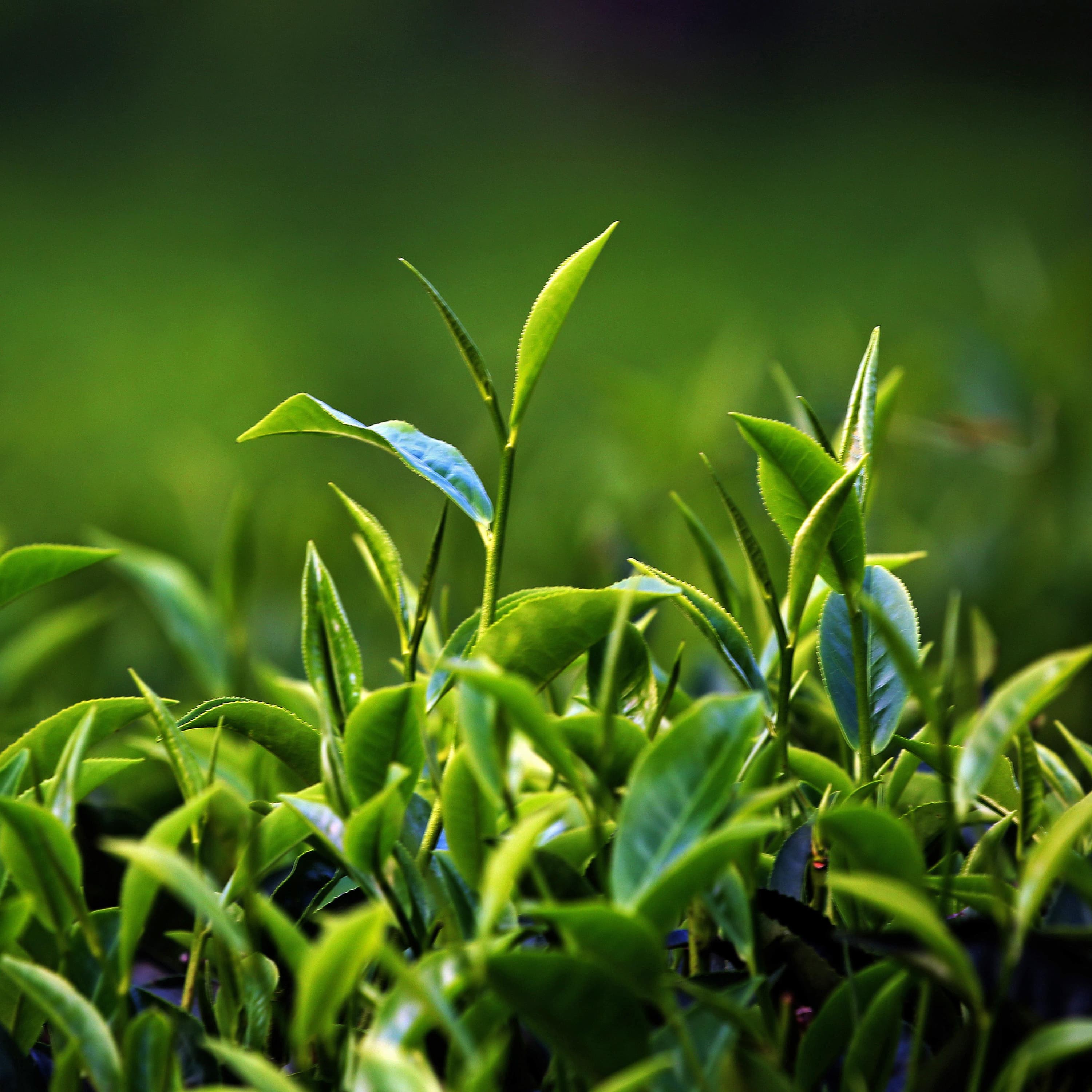
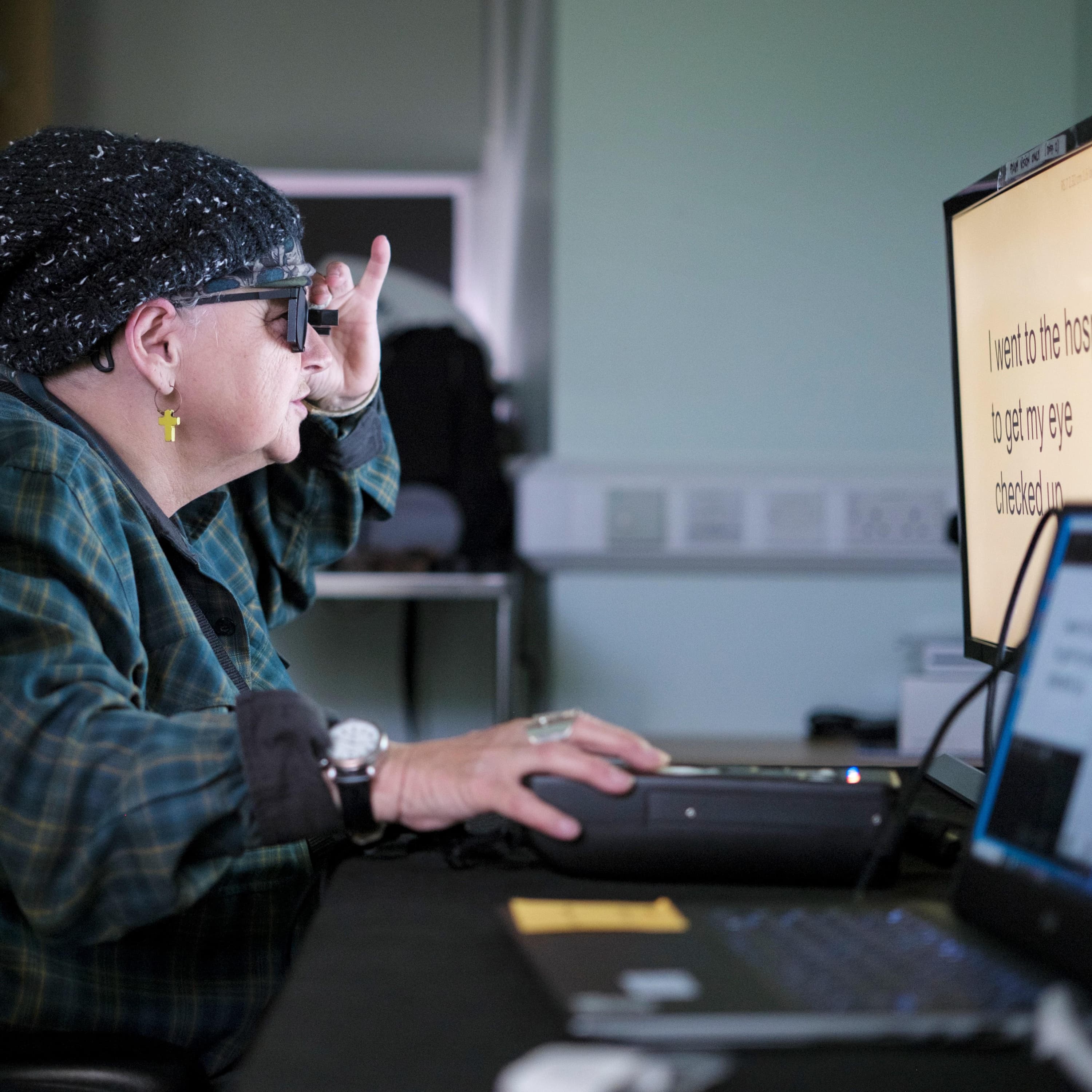
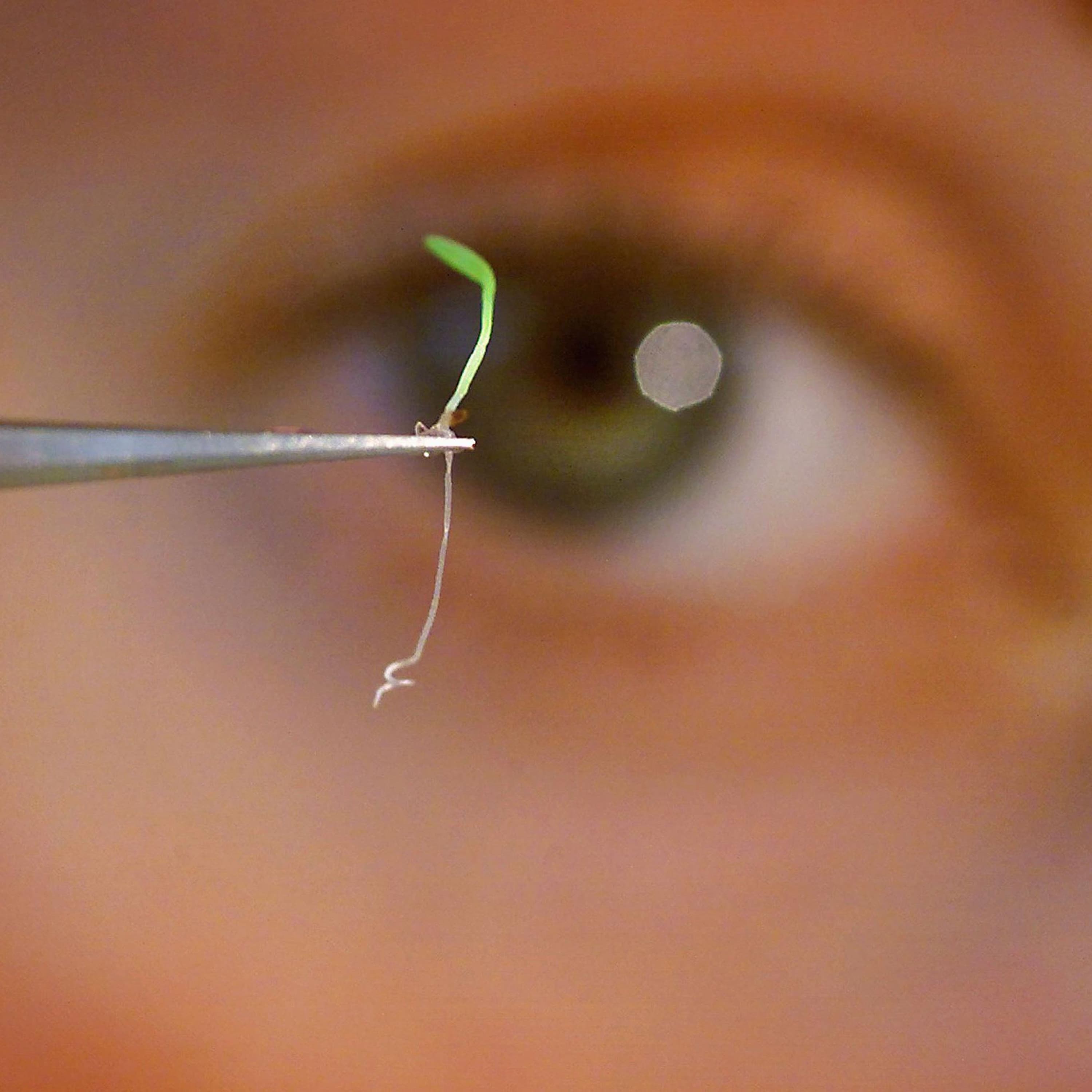
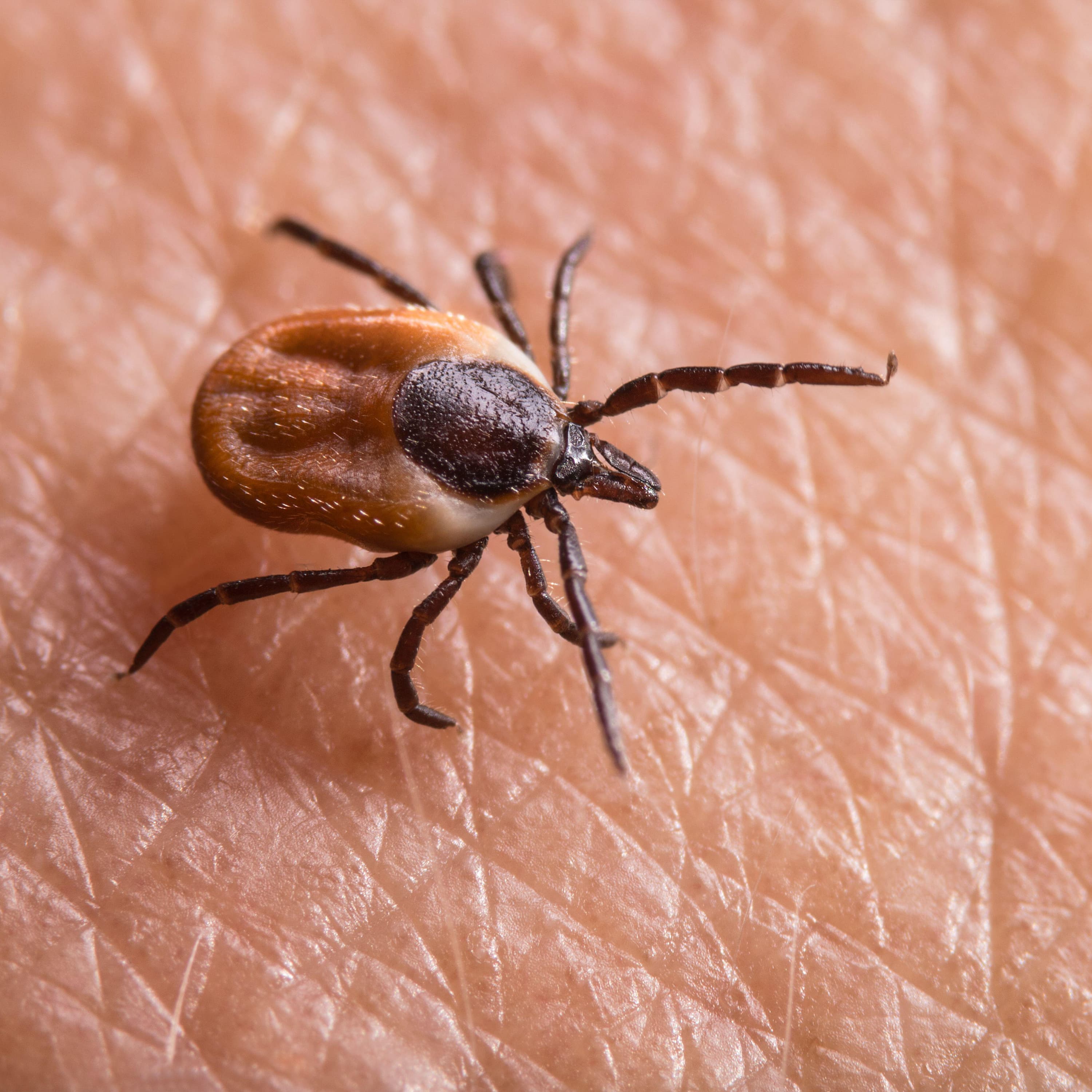
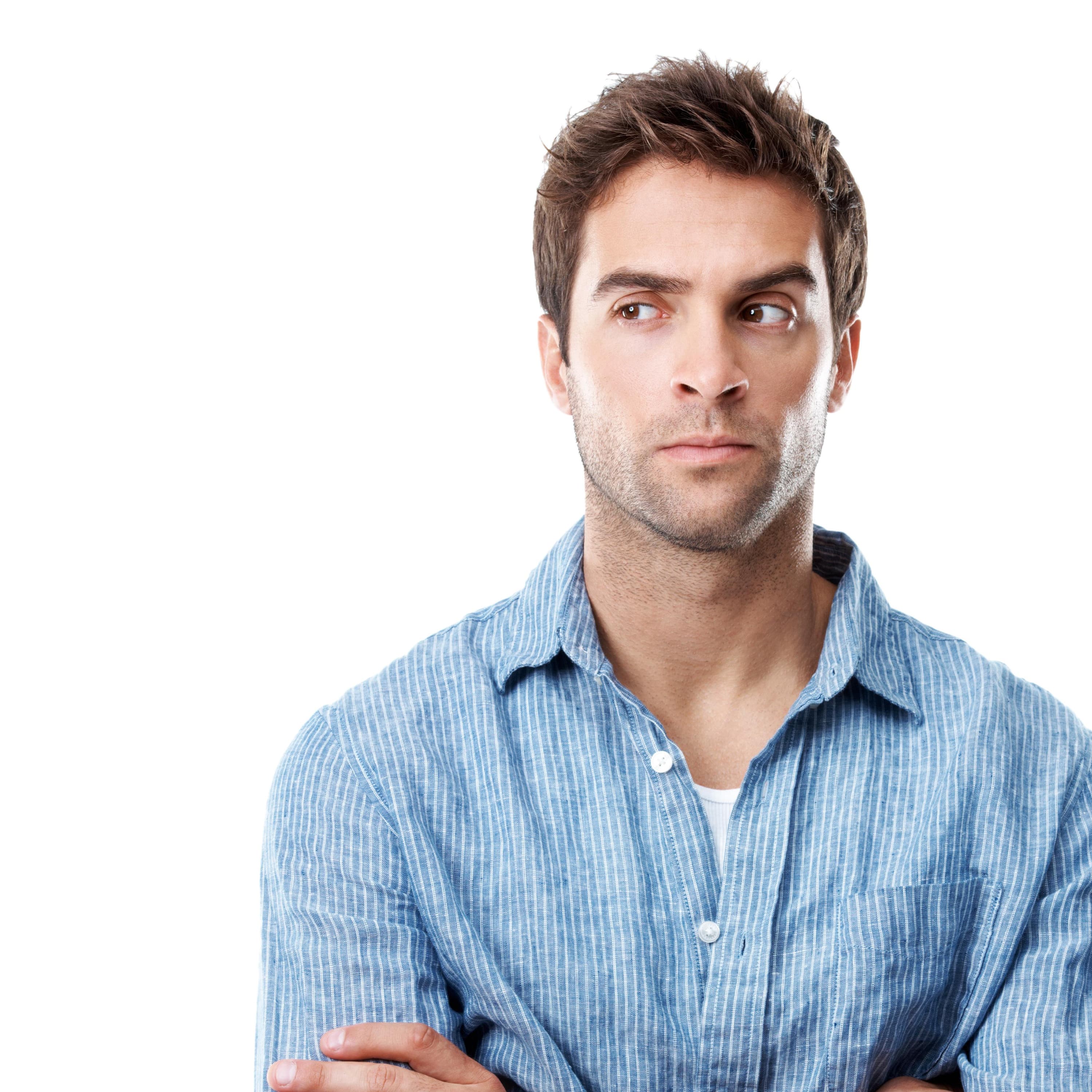
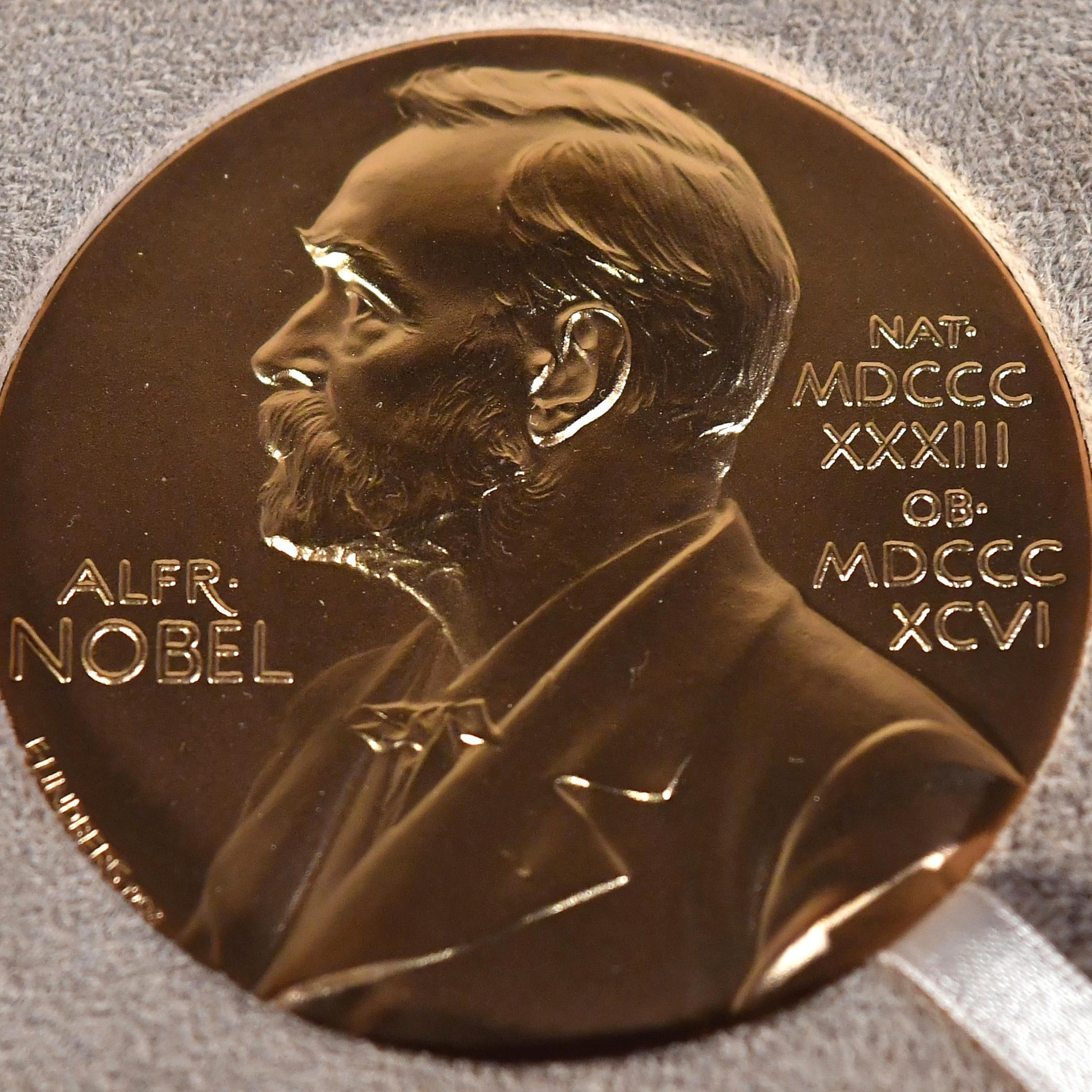
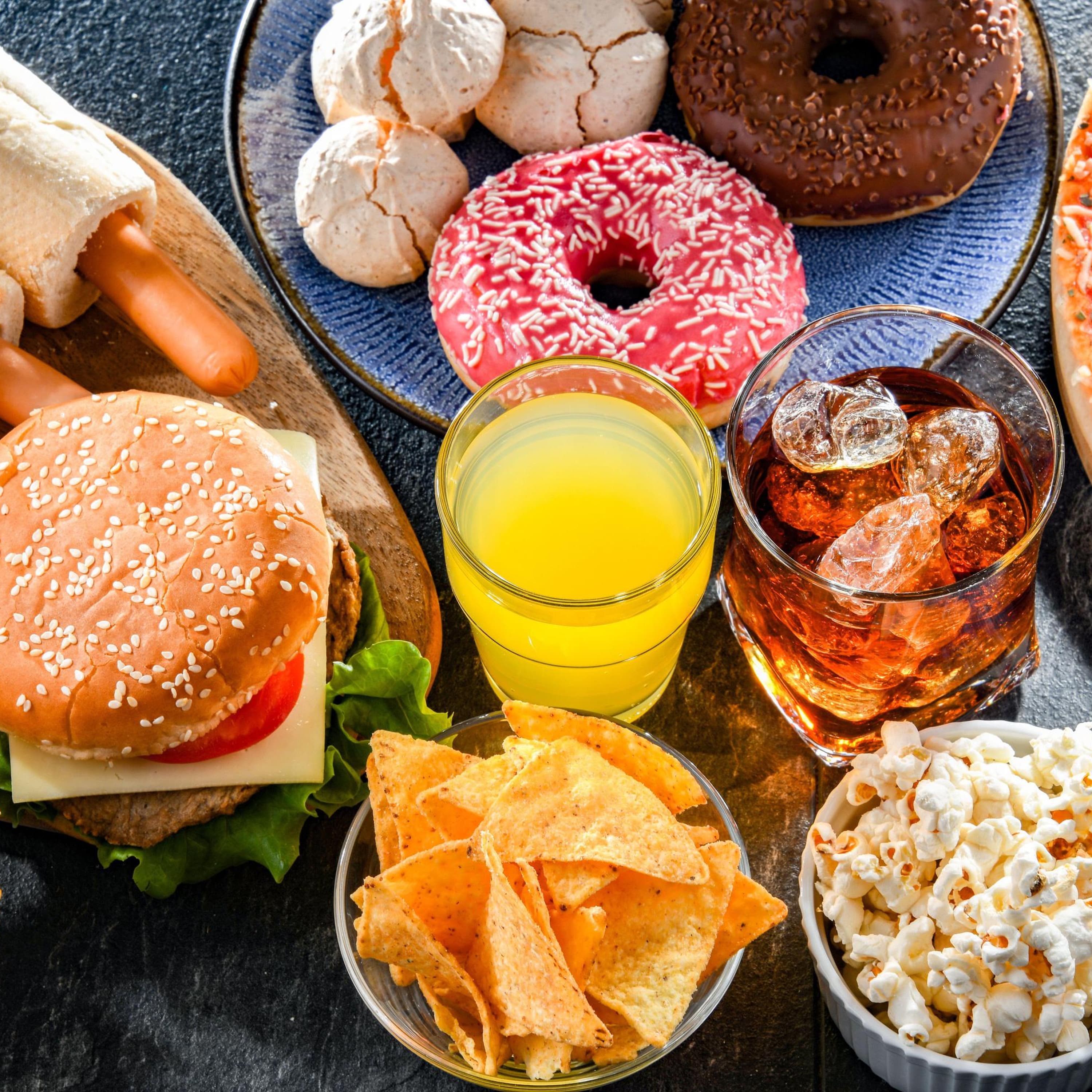
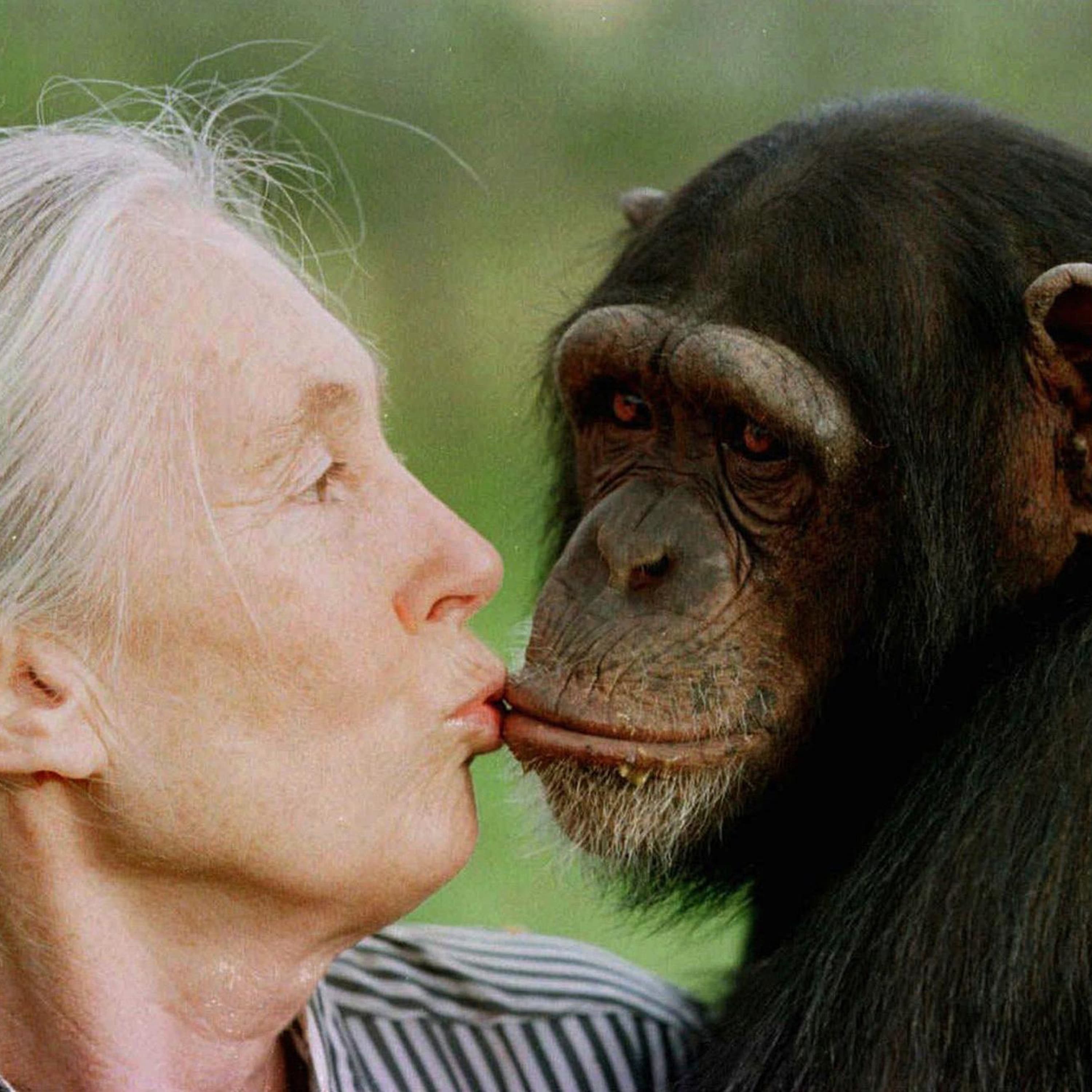
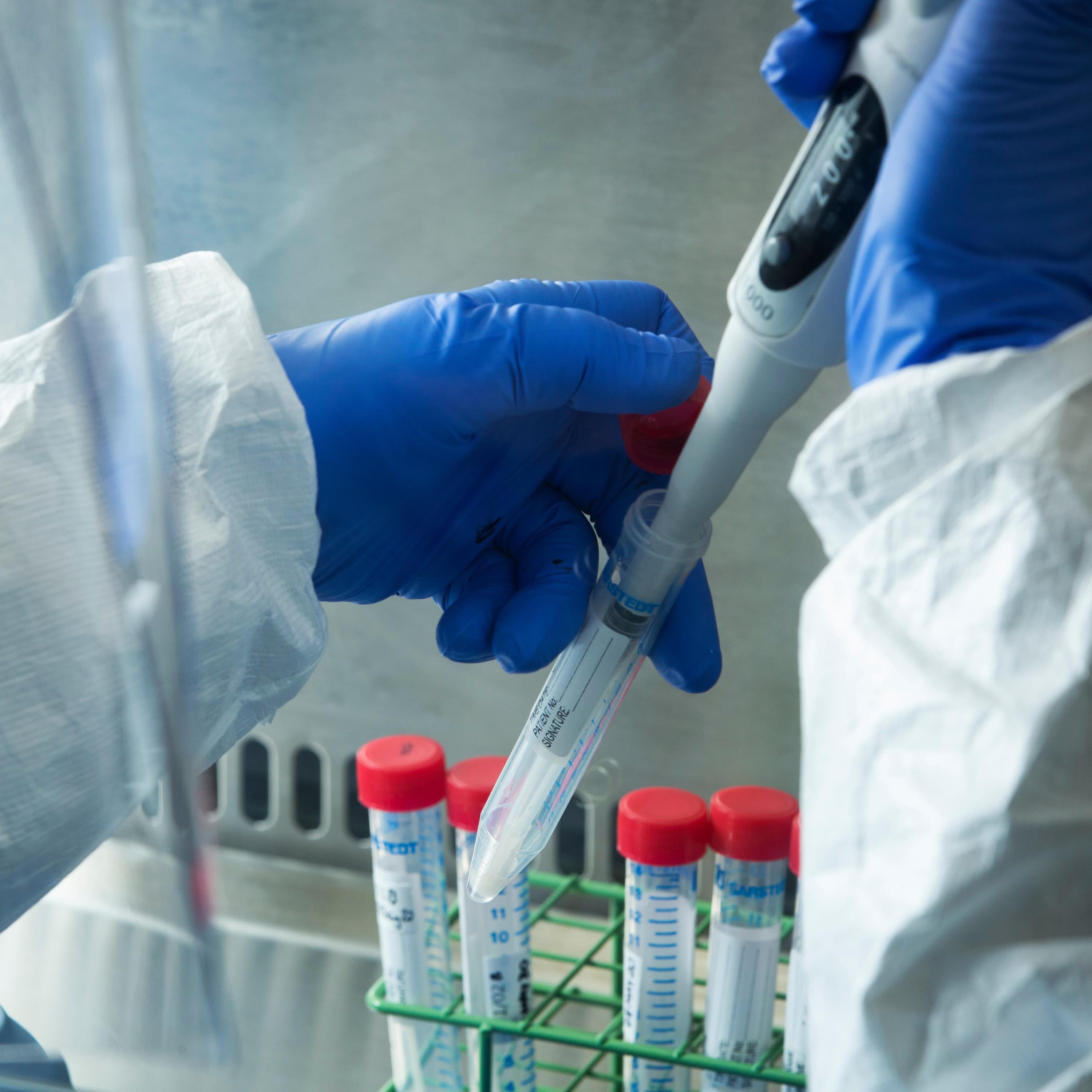
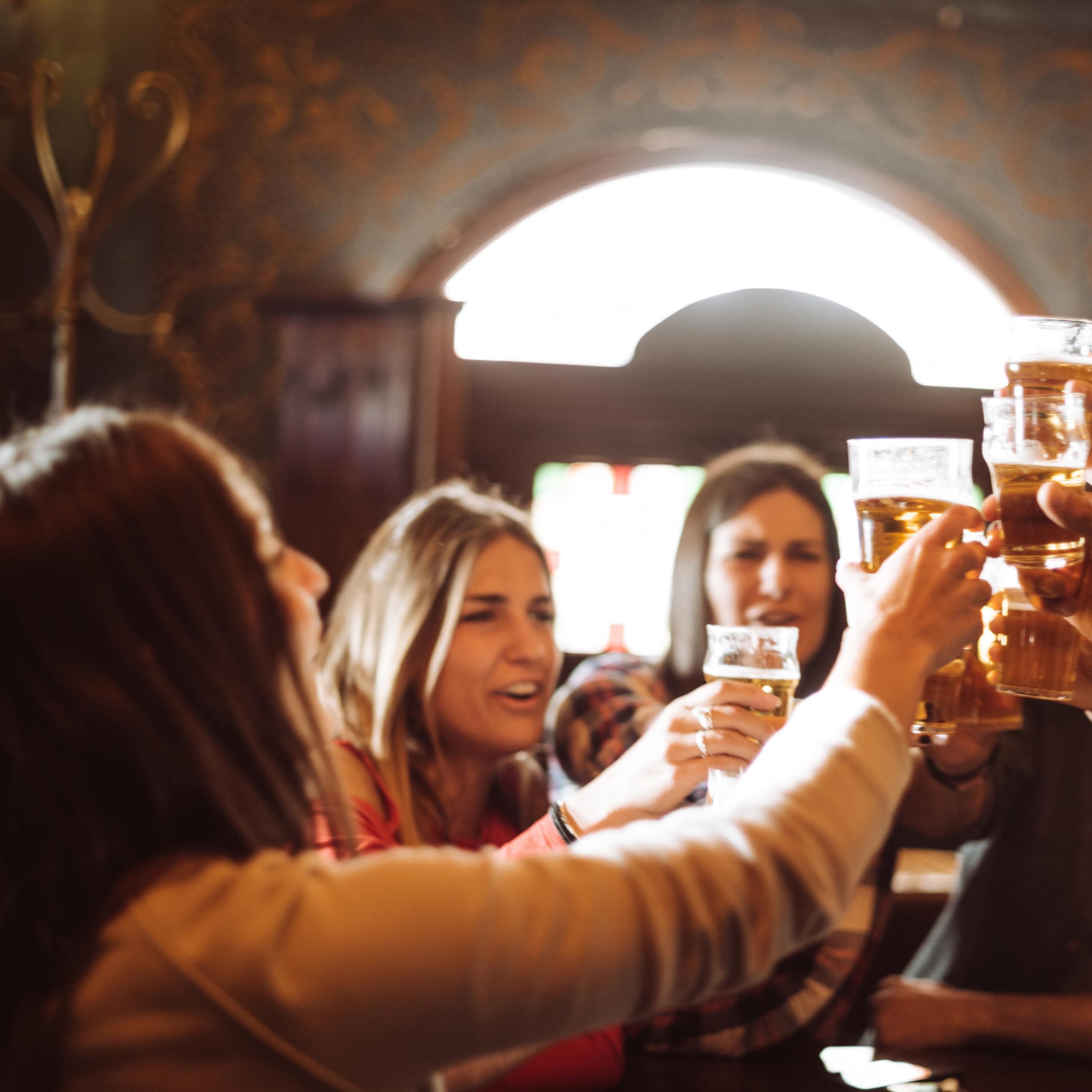
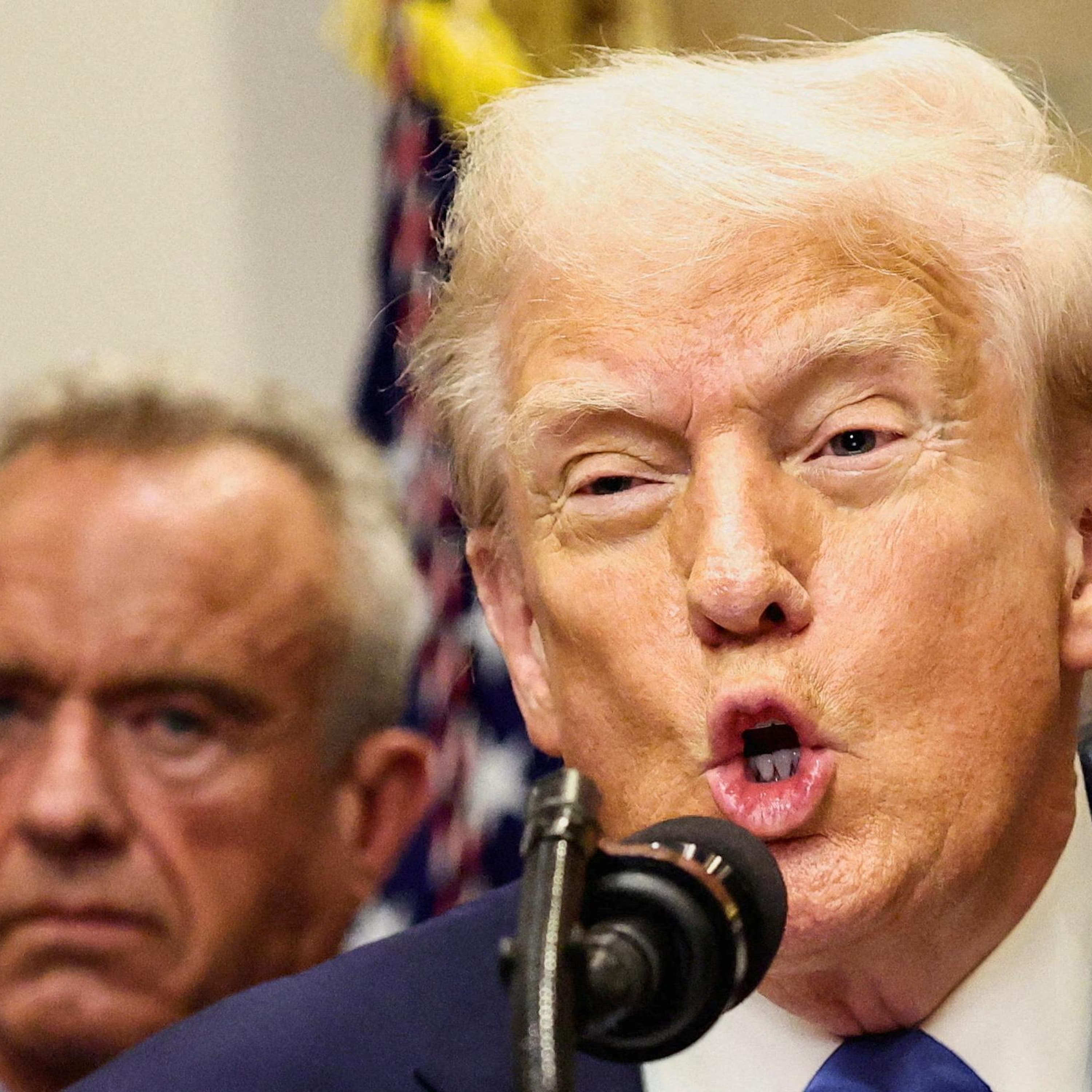



I think I have this gift/curse. In the 80s, I commented on a public bus to a hospital near Derby, where I worked. In 1988, I left my job to go to university in Edinburgh. Seven years later, I worked in Manchester, then Vienna and Switzerland. In 2000, I visited Derby and saw a familiar face in a pub. I knew that I knew the face, so I opened a conversation with the individual. After many questions and puzzling, it turned out that we were simply common passengers on a public bus in the 1980s.
👍
?
Still pushing self-harm, I hear. "Comfort-eating" leads to obesity and is unhealthy. I know Grace Dent thinks that it is cute, but it isn't. There are other ways to seek comfort.
science weekly ... 😊
😊
There is a river in New Zealand that has human rights, and niwcwe are talking of giving machines rights. I am concerned that the consequence of this may, a) degrade the rights of humans, and b) worse, that there is a reaction driving the abandonment of rights in general.
where is the AI generated transcript button? I can't find it
I can’t find the episode where they explained how we can send them our suggestions for potential topics. It shouldn’t really be this hard! They can just put it in the Guardian app and here in the podcast description. Can anyone of the listeners help me with this? Which email did they provide?
the ring and pointer finger length fact showing how much testosterone you've been open to in the womb is fascinating
How can I access the audioscrip??
NOAA will be defunded under Trump 2.0. Appalling.
Hi I just started to listen to your podcast. It first one was interesting. I'll continue listening Thank you
from my understanding, the Denmark study recorded a very significant drop in sperm motility, over a short period of time. this sounds like it's not properly discussed during the podcast.
That was some faulty logic there! We’re mammals so we need mammal protein?! So cows and horses should start eating eggs and each other I guess for all that muscle they have! Also the concept of low quality protein comes from a paper in the 40s or 50s which was later used rejected and retracted. So what is your source?
what about hydrogen cars?
I think one of the issues is that the people that have "bad" dogs are the irresponsible ones who will not learn or take dogs to classes or care. The owners who will take up these course are the ones who will be more careful and responsible. Very sad. Some people shouldn't own animals.
i searching for english podcast to improve my english efficiency and accidently i see this podcast and this episode first of all thank you for being our iranian women , even now the internet has been blocked and it didn't turn to normal we don't access to international sites or even youtube , iranian people are killed in silence even children sadly.don't forget us we are still in deprivation
IRAN 💔 thanks for supporting 🙏
Thank you for your coverage and support. ❤️ More importantly thank you for inviting an unbiased journalism who reflected the true spirit of these demonstrations despite New York Times' partiality for regime.